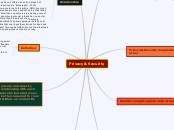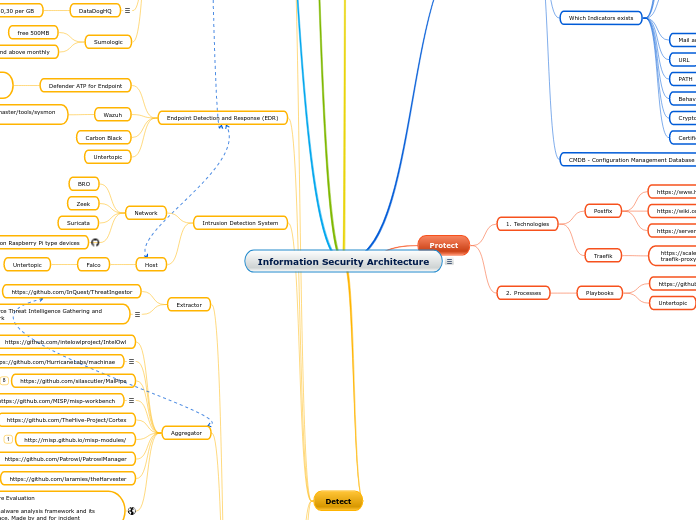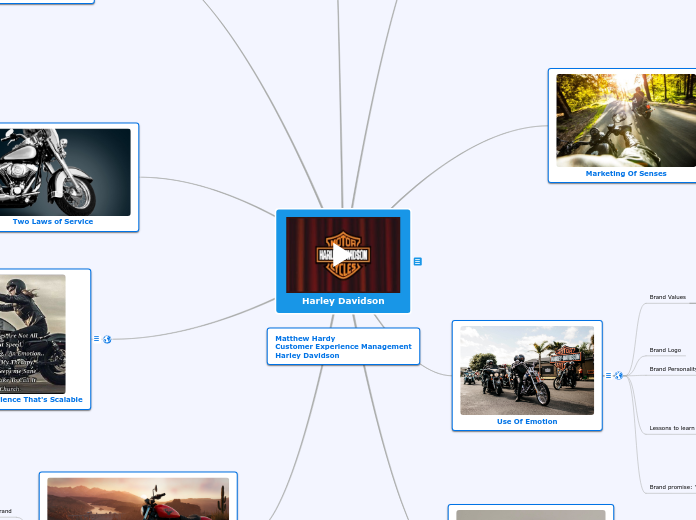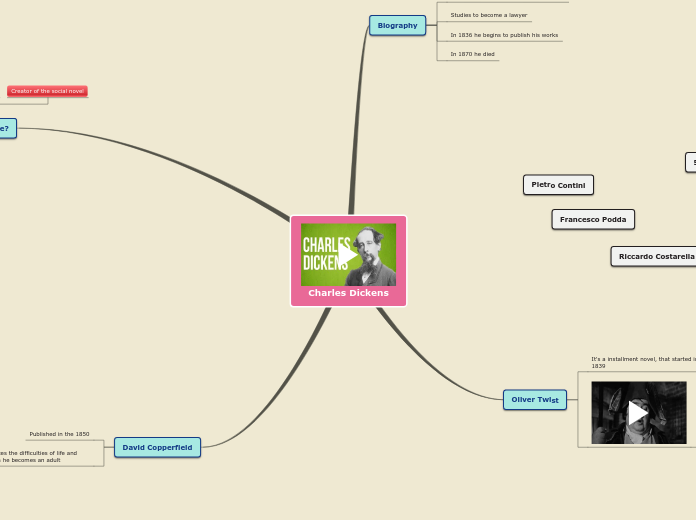jonka Hasnain Saeed 9 vuotta sitten
256
Discussion 5
The relationship between privacy and security is a crucial concern in today’s digital age, where the risk of crimes like fraud, identity theft, and cyberbullying is significantly heightened by the invasion of privacy.









